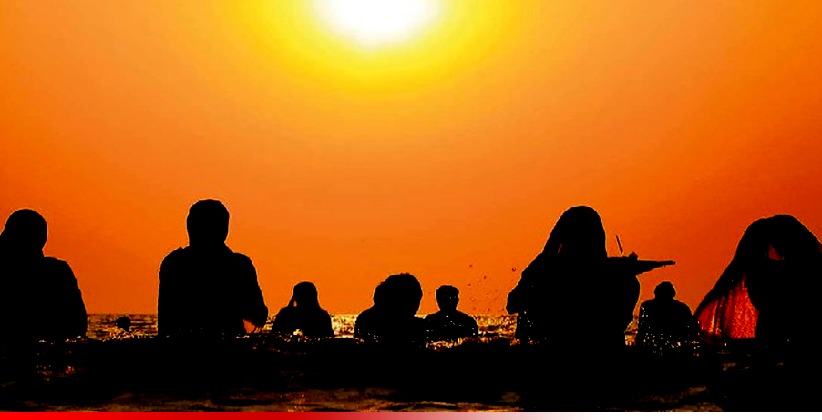On Wednesday (18th November 2020), the Delhi High Court rejected a plea which challenged the AAP governments decision to ban Chhath Puja celebrations at public places like ponds and riverbanks in the Capital owing to the COVID-19 pandemic.
The Bench consisted of two judges: Justice Hima Kohli and Justice Subramonium Prasad. They remarked that the petitioner, Shri Durga Jan Seva Trust, has lost sight of the COVID-19 pandemic situation in Delhi, where even as per the government, a third wave is underway.
The High Court remarked, While religious sentiments of all sections of the society must be respected, the right to life and health of the public at large cannot be sacrificed at the altar of a right to celebrate a festival however significant it may be for a particular community.
The cases of Covid-19 in Delhi in the last week were between 7,800 and 8,593. The Court said that The daily death rate has crossed double figures and has touched 104 just a few days ago. Till 18th November, there were 42,004 active cases of COVID-19 infections in Delhi.
It further added, In such circumstances, the petitioner/trust cannot expect the respondent/State to permit it to organize Chhat Puja for over two lakh persons at a public place in Delhi.
The High Court said that the petitioner/trusts desire to celebrate Chhat Puja at such a large scale at public places, is belied by the existing ground reality prevalent in Delhi and the petitioner/trust should have been alive to the said situation before approaching the court for such a relief.
The November 10 order was asked to be quashed by the trust. This order directed all the authorities concerned to ensure that the Chhat Puja celebrations are not be allowed in public places or public grounds or riverbanks (ghats) or temples etc. in the Capital.
The public was encouraged or advised to celebrate the puja at their homes by the DDMA owing to the COVID-19 pandemic. The trust had contended that the directions issued by the DDMA overlooks the religious sentiments of the people and amounts to violating their right to conduct ceremonies at public places to which the court replied that it was the time to contain the infection and not to escalate it. This statement was made while dismissing the plea.







